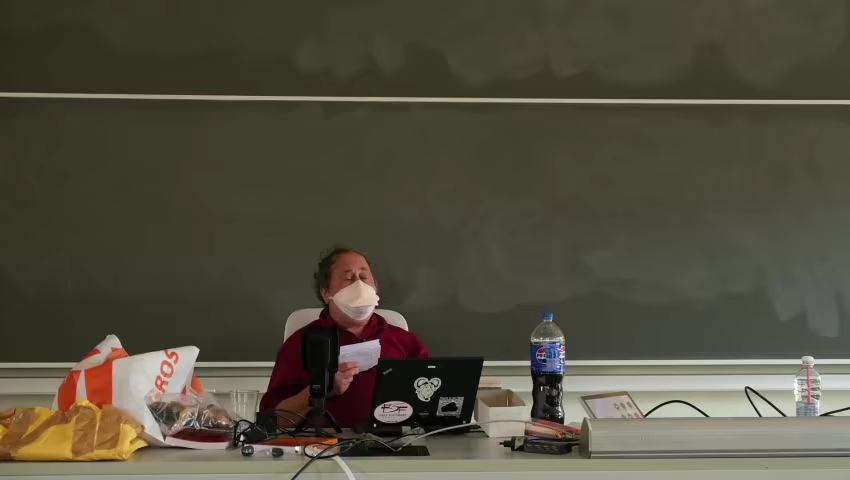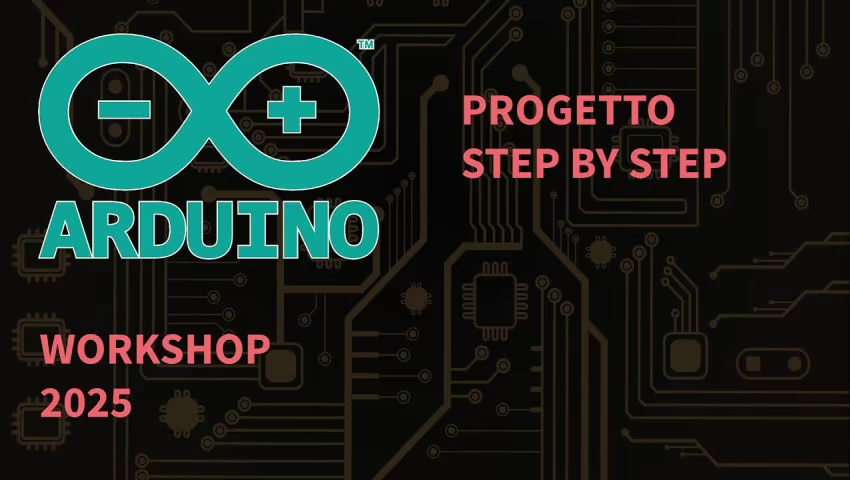Git è lo strumento per il controllo versione più famoso ed utilizzato al mondo. Standard industriale, al giorno d’oggi, skill irrinunciabile per ogni programmatore e non.
🔗 Informazioni sul corso: https://poul.org/courses/git/ 🔗 Slides del corso: https://slides.poul.org/2022/git/2-git-advanced/
Iniziativa realizzata con il contributo del Politecnico di Milano
📋 Scopri altri nostri corsi su https://poul.org/courses/
👀 Segui il POuL: Sito: https://www.poul.org Telegram: https://t.me/poulpolimi Instagram: https://instagram.com/poul.polimi Facebook: https://facebook.com/poul.polimi Twitter: https://twitter.com/poul_polimi YouTube: https://youtube.com/c/POuLpolimi
CAPITOLI: 00:00:00 - Intro 00:03:23 - git submodule 00:12:56 - git stash 00:20:42 - Domanda: Che cosa succede se dopo aver fatto git stash ci spostiamo su un altro branch e poi facciamo il git stash pop? 00:23:01 - git stash e i conflitti 00:26:56 - git rebase 00:32:21 - git rebase e i conflitti 00:35:27 - Domanda: Che cosa succede ai branch dopo git rebase? 00:42:30 - Domanda: A che cosa serve git rebase? 00:50:17 - Domanda: Se faccio git rebase in locale i commit vengono firmati subito con le chiavi private se le possiedo? 00:53:25 - git cherry-pick 00:55:27 - git rebase, timestamp dei commit e firma dei nuovi commit 00:57:01 - git cherry-pick 01:02:28 - git blame 01:06:30 - git bisect 01:20:24 - Disaster recovery: git commit --amend 01:22:51 - Domanda: Se uso git commit --amend per modificare il commento di un commit ma non voglio modificare file posso usare git stash? 01:23:50 - Disaster recovery: git reset 01:25:17 - Disaster recovety: Interactive rebase 01:31:10 - Disaster recovery: Remote branch 01:32:05 - Disaster recovery: git reflog 01:36:43 - Domande finali 01:44:44 - Saluti finali








